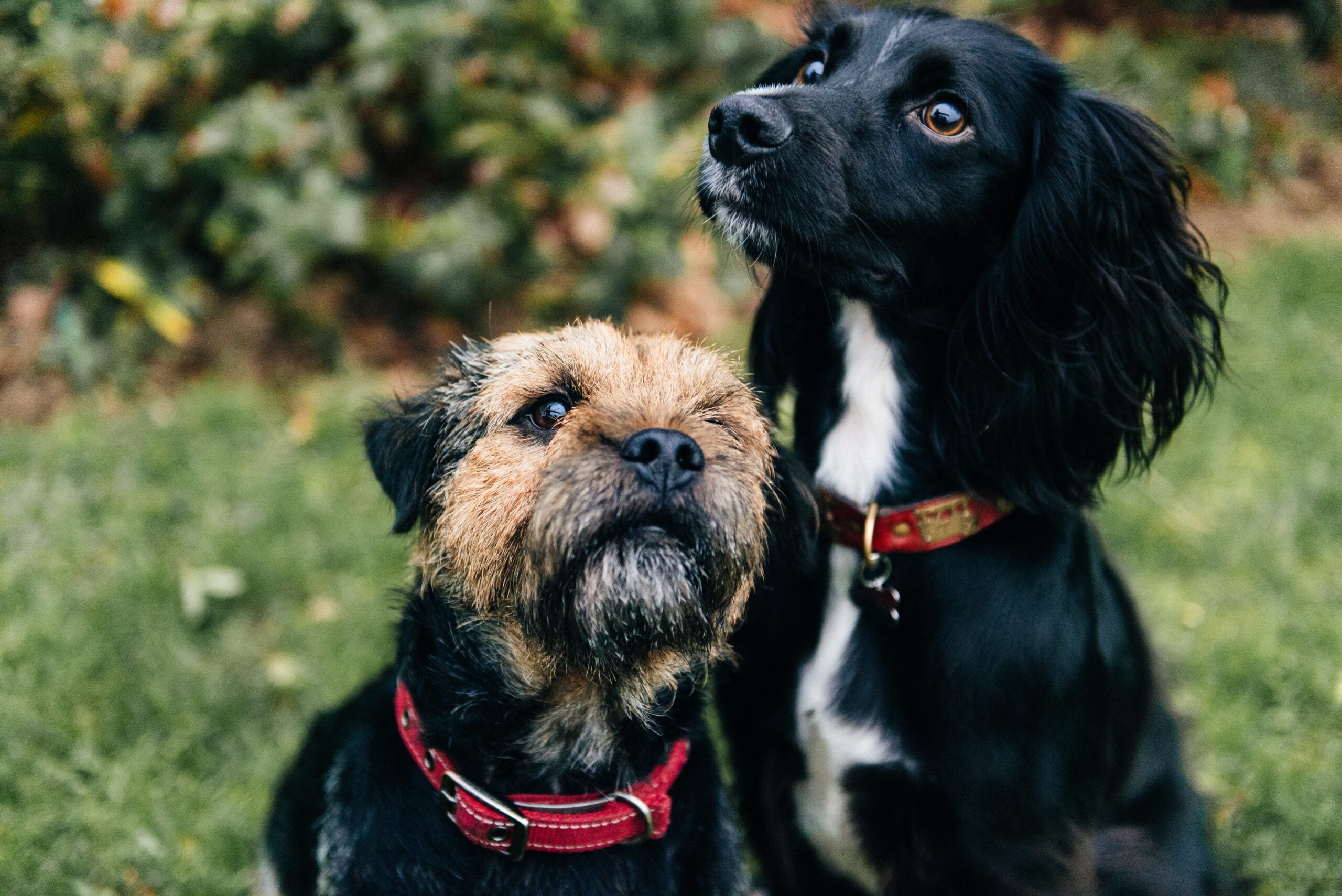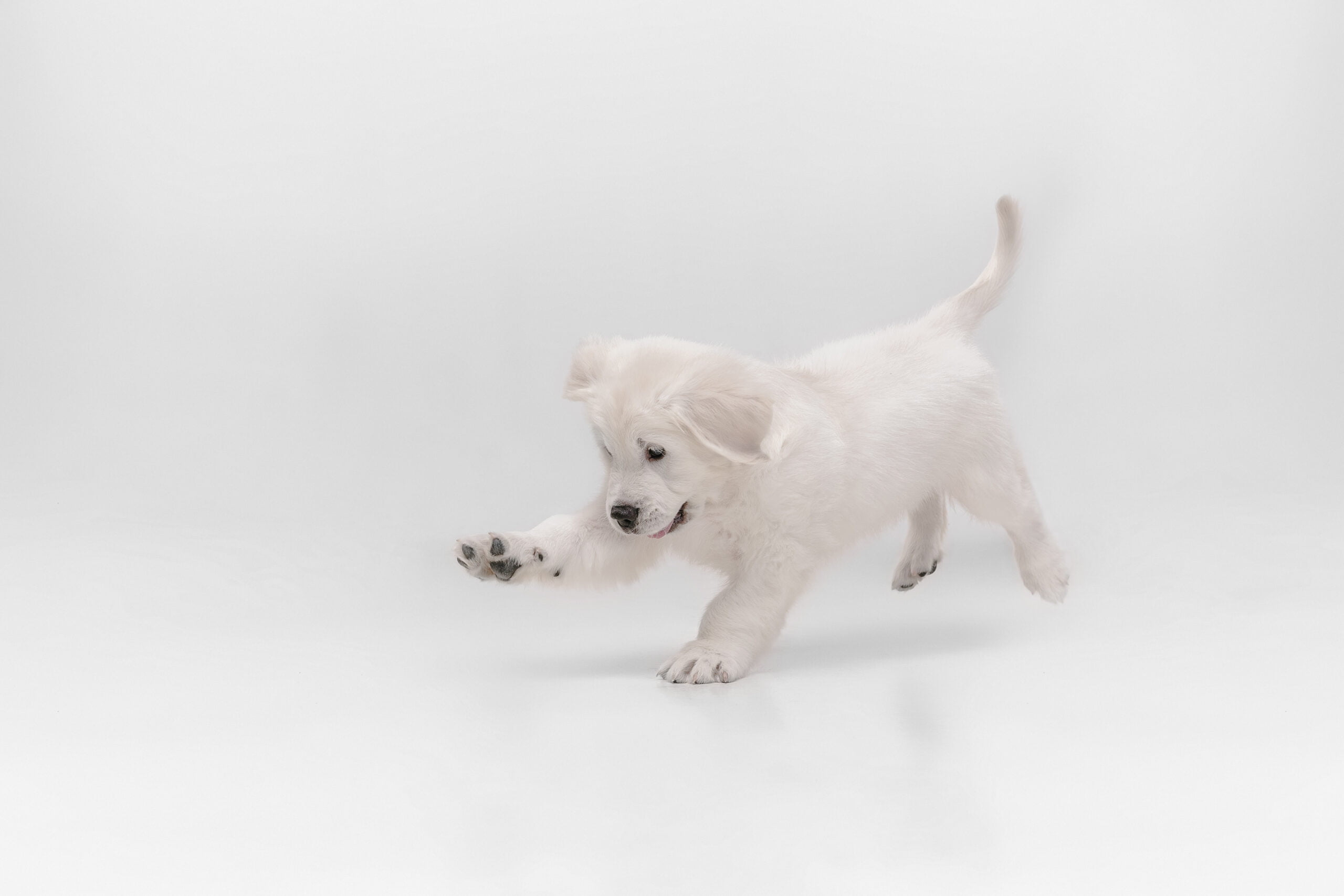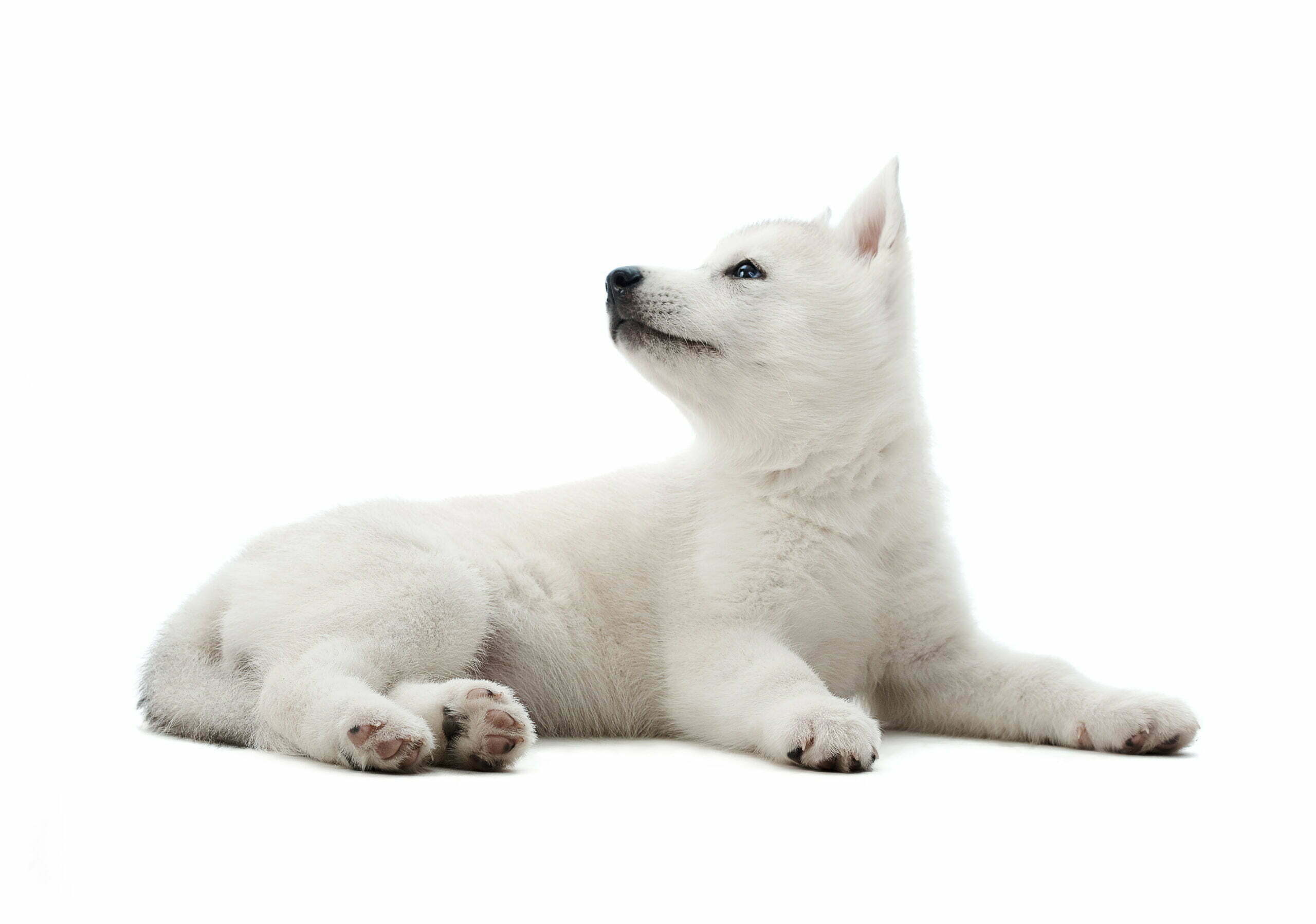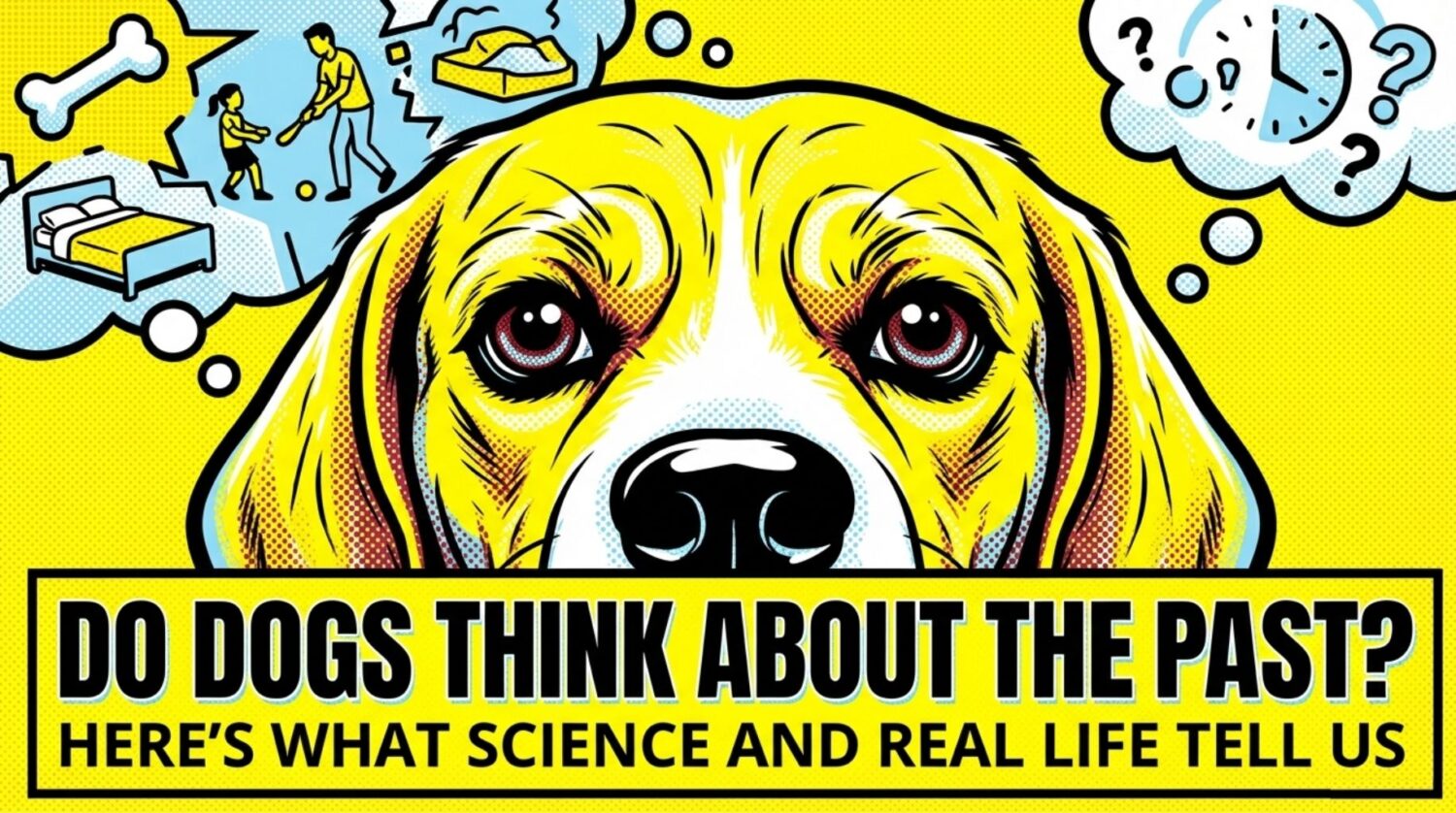When we bring a puppy into our lives, we are often struck by their boundless energy, playfulness, and curiosity. However, it’s essential to remember that puppies, like all animals, have their own set of instincts and emotions, many of which are deeply rooted in their early experiences. Have you ever wondered, do puppies know if they lost their mother and do they have the memory of their mother later in their life?

WHY UNDERSTANDING DOG BONDING AND ATTACHMENT IS IMPORTANT?
Before we dive into whether puppies know if they’ve lost their mother, it’s crucial to understand the concept of bonding and attachment in dogs.
Introduction to maternal puppy care
One common question among new puppy owners is whether puppies know if they’ve lost their mother and how this affects their behavior and emotional well-being. In this in-depth exploration, we’ll delve into the world of puppies, their innate instincts, and their ability to form bonds with their mothers and human caregivers. We’ll also discuss the role of maternal care, the age at which puppies can recognize the loss of their mother, and how to provide them with the love they need while they experience this crucial time in their lives.
Maternal and Human Bond
A puppy’s bond with its mother begins immediately after birth. The mother provides essential care, warmth, and nourishment during the first few weeks of life. This bonding is not merely physical; it’s also emotional. Puppies rely on their mother for comfort, security, and socialization.
As puppies grow, they naturally form bonds with their human caregivers. These bonds are based on trust, affection, and the caregiver’s ability to meet the puppy’s physical and emotional needs. Human interaction, positive reinforcement, and consistent care play pivotal roles in forming strong human-canine bonds

At What Age Puppies Can Recognize Loss?
Puppies undergo a significant developmental journey during their early weeks. Understanding the stages of their cognitive and emotional development can shed light on whether puppies are aware of losing their mother.
- Neonatal Stage (0-2 Weeks) During the neonatal stage, puppies are entirely dependent on their mother. Their eyes and ears are closed, and they rely on scent and touch to find their mother’s warmth and milk. At this stage, they don’t have the cognitive capacity to understand loss.
- Transitional Stage (2-4 Weeks) Puppies begin to open their eyes and ears, making them more aware of their surroundings. While they can perceive their litter-mates and mother, their understanding of loss remains limited. They primarily focus on basic needs, such as nursing and staying warm.
- Socialization Stage (4-12 Weeks) The socialization stage is a critical period when puppies start to form attachments. They become more aware of their litter-mates and may experience some distress if separated from them. However, their understanding of loss is still relatively rudimentary.
- Awareness and Attachment (12+ Weeks) Around 12 weeks of age, puppies become more aware of their social environment, including their mother, litter-mates, and human caregivers. At this stage, they can begin to recognize the absence of their mother or litter-mates, but their emotional understanding remains limited.

DO PUPPIES EXPERIENCE GRIEF OR KNOW WHEN THEY LOST THEIR MOTHER?
While puppies may not fully understand the concept of loss in the way humans do, they can experience a sense of separation and distress when separated from their mother or litter-mates. This separation anxiety is a normal part of their development.
What Are The Signs of Puppy Separation Anxiety?
- Whining and whimpering.
- Restlessness and pacing.
- Excessive barking or howling.
- Loss of appetite.
- Clinginess to human caregivers.
- Difficulty settling or sleeping.
It’s essential to address separation anxiety with patience and gentle reassurance. Gradually, as puppies become more accustomed to their new environment and develop stronger bonds with their human caregivers, these symptoms often subside.

WHAT IS THE ROLE OF THE DOG CAREGIVER?
As responsible puppy owners, our role is pivotal in helping puppies adjust to their new lives without their mother and litter-mates.
Essential tips for ensuring a smooth transition
- Gradual Separation: Whenever possible, puppies should not be separated from their mother and litter-mates until they are at least eight weeks old. In this time they can learn some social and behavioral skills.
- Provide Comfort and Security: Create a warm, safe, and comfortable environment for your puppy. Provide a cozy bed, plenty of toys, and regular feeding and playtime to reassure them that they are loved and cared for.
- Positive Reinforcement: Use positive reinforcement techniques to build trust and strengthen your bond with your puppy. Reward good behavior with treats, praise, and affection to foster a sense of security.
- Gradual Independence: Gradually introduce your doggy to short periods of alone time. Start with just a few minutes and gradually increase the duration as they become more comfortable being on their own.
- Socialization: Socialize your puppy with other dogs and people to help them develop healthy relationships and reduce separation anxiety. Puppy training classes can be particularly beneficial.

How to Recognize Puppy Awareness and Comfort?
While puppies may not possess the same level of cognitive awareness and understanding as humans, they do experience a sense of attachment and comfort in the presence of their mother and litter-mates. Separation from these familiar companions can lead to temporary distress, which is entirely normal during their development. As responsible caregivers, our role is to provide puppies with the love, security, and positive reinforcement they need during this transition period.
By understanding their developmental stages and emotional needs, we can help them adjust to their new lives and build strong, loving bonds with their human families.Remember that, with time and care, puppies adapt remarkably well and continue to bring joy and companionship to our lives, whether or not they fully grasp the concept of losing their mother.
If you want to continue and explore how to help a grieving puppy, read the article from our friend at Blue Cross!









